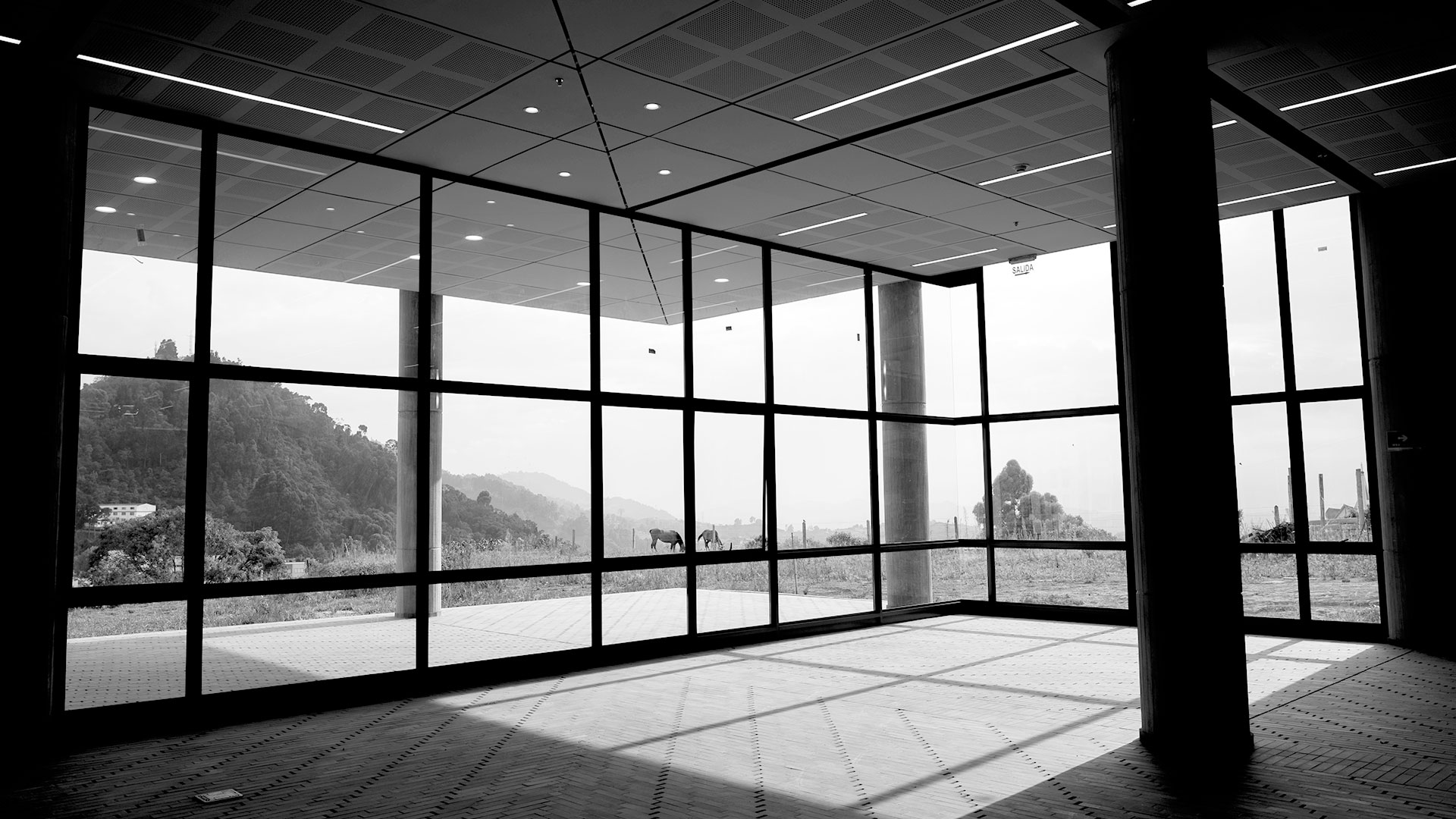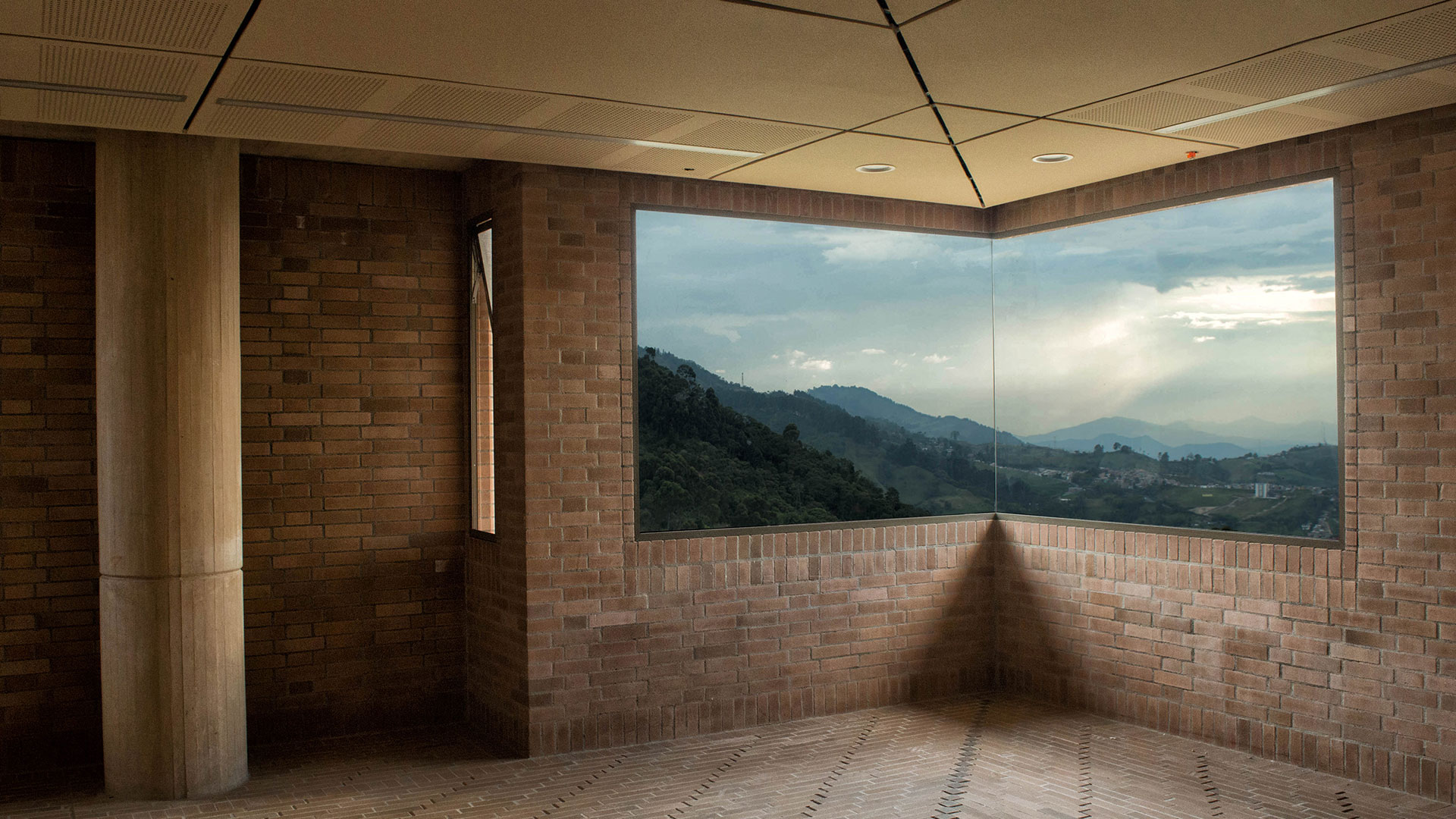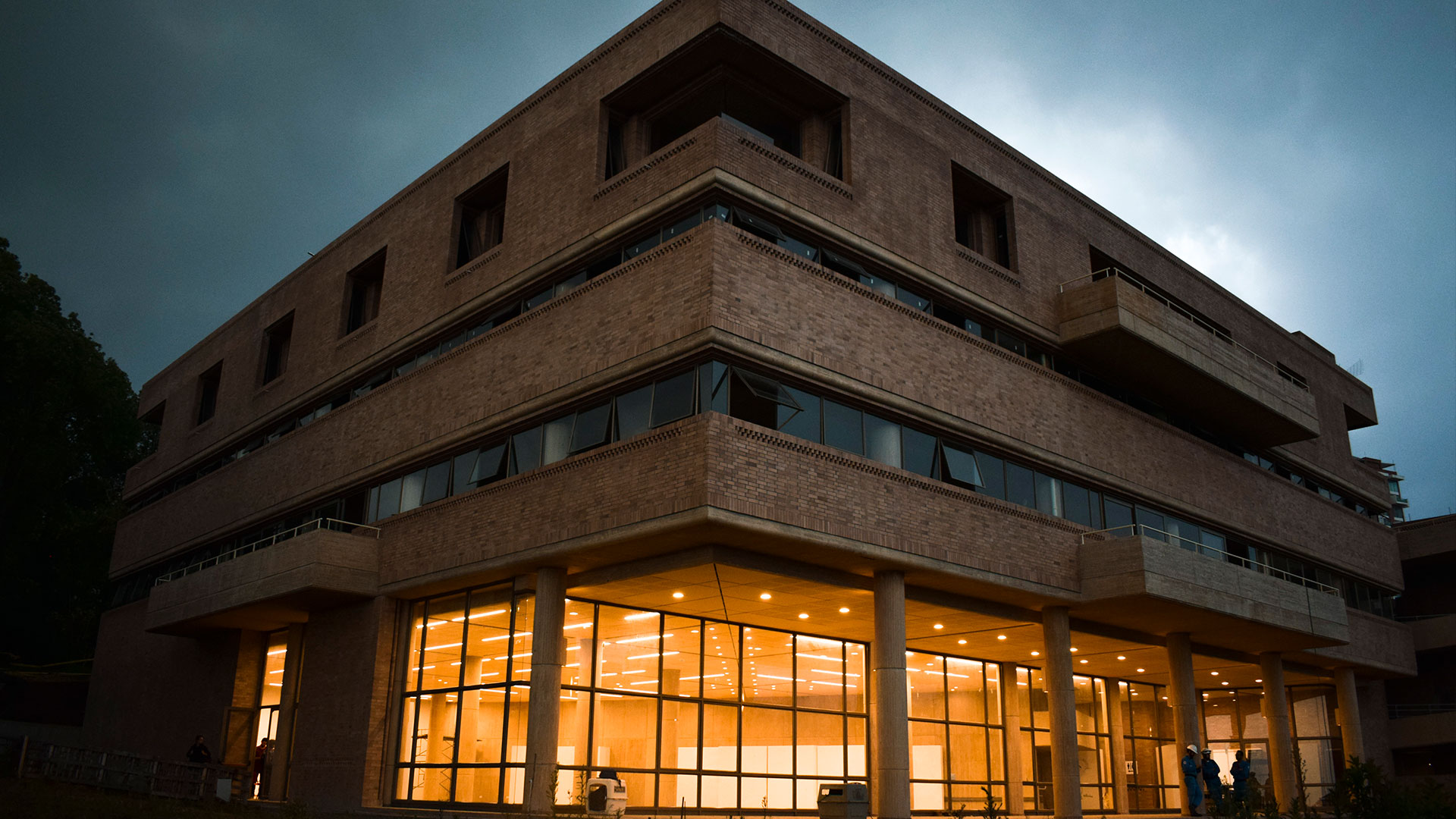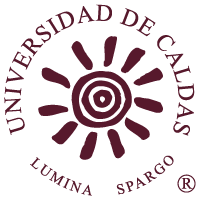Mostrar el registro sencillo del ítem
Pedagogías que emergen en la Escuela Normal Sagrado Corazón de Riosucio Caldas
| dc.contributor.advisor | Garcia Martinez, Omar Javier | |
| dc.contributor.author | Arango Vanegas, Viviana Isabel | |
| dc.date.accessioned | 2022-08-25T00:12:33Z | |
| dc.date.available | 2022-08-25T00:12:33Z | |
| dc.date.issued | 2022-08-23 | |
| dc.identifier.uri | https://repositorio.ucaldas.edu.co/handle/ucaldas/17987 | |
| dc.description | Ilustraciones, gráficas | spa |
| dc.description.abstract | spa:La intención de este estudio es una contribución a la formación integral de todo aquel individuo que se desempeña en contextos educativos; para los que ven a la educación como un eje fundamental para el cambio y la transformación social; para los que no temen viajar hacia una nueva realidad educativa, que es más amplia e inclusiva cada día; y en donde el rol del docente sea capaz de enfrentar los múltiples cambios estructurales, políticos, económicos y socioculturales de la actualidad. En palabras de Bourdieu y Passeron (1977), la escuela perpetúa un conflicto cultural al garantizar una socialización diferencial, no uniforme, que mantiene una distribución desigual del capital cultural. Por esto es de recalcar la necesidad de que los docentes no opriman su quehacer pedagógico a la estricta transmisión de información, aferrada en el currículum obligatorio que muchas veces, son poco relevantes para los estudiantes y no causan ningún tipo de impacto en ellos. Por consiguiente, esta investigación se construye sobre las ideas de que la educación es un proceso que está mediado por las relaciones que el sujeto establece con su entorno, las posibilidades de desarrollo que éste le pueda ofrecer, la comprensión de las necesidades y emergencias educativas que surgen en los contextos propios de su institución, pensar en centros educativos flexibles, capaces de responder a la diversidad de situaciones y del alumnado, en donde el papel del maestro adquiere una importancia significativa, de acuerdo a las destrezas y modelos de vida que se despliegan día a día dentro del aula. Desde esta perspectiva, la investigación a desarrollar en la institución educativa Escuela Normal Superior Sagrado Corazón Riosucio, tuvo como propósito develar las pedagogías que emergen , diferenciándolas en función de los contextos en donde se producen dichas emergencias; además de explorar y describir las estrategias pedagógicas, que permitan sistematizar el aporte fundamental para describir el desarrollo de su cotidianidad de la práctica docente y la incidencia que toma en cuanto al mejoramiento de la calidad educativa y la construcción de la realidad. Aunque el desarrollo de un proyecto educativo institucional es la vida y carta de navegación, este puede ser estimado desde diferentes perspectivas e indicadores, siendo este un elemento multifactorial en cuanto a la cantidad de seres humanos, elementos teóricos, instituciones y contexto que nutren los procesos formativos que ocurren diariamente dentro de las instituciones educativas. A veces, este no toma en cuenta que su progreso se ve impactado por las acciones de los estudiantes, las actitudes de los docentes y directivos, el compromiso de las familias, el aporte del sector productivo, el apoyo a la parte social y las políticas educativas. | spa |
| dc.description.abstract | eng:The intention of this study is a contribution to the integral formation of every individual who works in educational contexts; for those who see education as a fundamental axis for change and social transformation; for those who are not afraid to travel towards a new educational reality, which is broader and more inclusive every day; and where the role of the teacher is capable of facing the multiple structural, political, economic and socio-cultural changes of today. In the words of Bourdieu and Passeron (1977), the school perpetuates a cultural conflict by guaranteeing a differential, non-uniform socialization that maintains an unequal distribution of cultural capital. For this reason, it is necessary to emphasize the need for teachers not to oppress their pedagogical work to the strict transmission of information, clinging to the compulsory curriculum, which many times, are of little relevance to students and do not cause any impact on them. Therefore, this research is built on the ideas that education is a process that is mediated by the relationships that the subject establishes with his environment, the possibilities of development that it can offer, the understanding of the educational needs and emergencies that arise in the contexts of his institution, thinking in flexible educational centers, able to respond to the diversity of situations and students, where the role of the teacher acquires a significant importance, according to the skills and life models that are deployed every day in the classroom. From this perspective, the research to be developed in the educational institution Escuela Normal Superior Sagrado Corazón Riosucio, had the purpose of revealing the pedagogies that emerge, differentiating them according to the contexts where such emergencies occur; besides exploring and describing the pedagogical strategies, which allow systematizing the fundamental contribution to describe the development of their daily teaching practice and the incidence it takes in terms of improving the educational quality and the construction of reality. Although the development of an institutional educational project is the life and navigation chart, it can be estimated from different perspectives and indicators, being a multifactorial element in terms of the number of human beings, theoretical elements, institutions and context that nurture the formative processes that occur daily within educational institutions. Sometimes, this does not take into account that its progress is impacted by the actions of students, the attitudes of teachers and managers, the commitment of families, the contribution of the productive sector, the support to the social part and the educational policies. This research addresses a reflection on the institutional educational project from an external perspective, on the conceptual or theoretical elements proposed by teachers, directors and students, the guide of their practices, the educational interactions among community agents, the institutional climate, institutional educational projects, study plans and the institution's navigation chart. On the other hand, it is also taken into account that educational policies provide actions to estimate the institutional power and link educational agents in the design of education, but preserving institutional autonomy. | eng |
| dc.description.tableofcontents | INDICE / 1. INTRODUCCIÓN / 1.1 PROBLEMA / 1.2 ANALISIS DEL PROBLEMA / 2. OBJETIVO GENERAL / 2.1 OBJETIVOS ESPECIFICOS / 3. JUSTIFICACION / 4. ESTADO DEL ARTE / 4.1 CONTEXTO INTERNACIONAL / 4.2 CONTEXTO NACIONAL / 4.3 RIOSUCIO CALDAS: CIUDAD EDUCADORA / 4.4 PRACTICAS EDUCATIVAS QUE SE DERIVAN / 4.5 PEDAGOGÍAS PROPIAS / 5. LA ESCUELA NORMAL SAGRADO CORAZÓN RIOSUCIO CALDAS / 5.1 DE LO GLOBAL A LO LOCAL / 6. MARCO CONCEPTUAL / 6.1 PEDAGOGIAS EMERGENTES / 6.2 APRENDIZAJE / 6.3 FORMACIÓN / 6.4 INTERCULTURALIDAD / 6.5 CONTEXTO / 6.6 SOCIO-HUMANISTA / 6.7 INVESTIGACIÓN / 7. MARCO METODOLÓGICO / 7.1 OBSERVACIÓN PARTICIPANTE Y NO PARTICIPANTE / 7.2 ENTREVISTA SEMI-ESTRUCTURADA / 7.3 CONSTRUCCIÓN DEL INSTRUMENTO QUE ORIENTÓ LAS ENTREVISTAS / 7.4 CONTEXTUALIZACIÓN INICIAL PARA LOS PARTICIPANTES / 7.5 CUERPO DE LA ENTREVISTA / 7.6 GUIÓN FINAL DE ENTREVISTA / 7.7 ENTREVISTA SEMI-ESTRUCTURADA / 7.8 CONFIGURACIÓN DE ENTREVISTA PARA ESTUDIANTES / 7.9 CONFIGURACIÓN DE LOS ESTUDIANTES QUE INTEGRAN EL ESTUDIO / 8. CARACTERIZACIÓN GENERAL DEL CENTRO EDUCATIVO DONDE SE DESARROLLA LA INVESTIGACIÓN / 8.1 ANÁLISIS Y PRODUCCIÓN DE LOS DATOS / 8.2 USO DE LA ERRAMIENTA DE APOYO INFORMÁTICO / 9. CRITERIOS DE CALIDAD / 10. CRITERIOS ÉTICOS EN EL PROCESO INVESTIGATIVO / 11. INFORME DE INVESTIGACÓN / 11.1 ANÁLISIS DE LAS ENTREVISTAS A MODO DE CONCLUSIONES / 11.2 CONCLUSIONES / 11.3 PROSPECTIVA DE LA INVESTIGACIÓN / 12. FUENTES BIBLIOGRAFICAS / 13. ANEXOS / ANEXO 1 GUIA DE OBSERVACIÓN / ANEXO 2 FOTOGRAFIAS / ANEXO 3 GUIA DE PARTICIPACIÓN / ANEXO 4 ENTREVISTAS DOCENTES / ANEXO 5 ENTREVISTAS ESTUDIANTES | spa |
| dc.format.mimetype | application/pdf | spa |
| dc.language.iso | eng | spa |
| dc.language.iso | spa | spa |
| dc.title | Pedagogías que emergen en la Escuela Normal Sagrado Corazón de Riosucio Caldas | spa |
| dc.type | Trabajo de grado - Maestría | spa |
| dc.contributor.researchgroup | Maestros y contextos (Categoría A) | spa |
| dc.description.degreelevel | Maestría | spa |
| dc.identifier.instname | Universidad de Caldas | spa |
| dc.identifier.reponame | Repositorio Institucional Universidad de Caldas | spa |
| dc.identifier.repourl | https://repositorio.ucaldas.edu.co/ | spa |
| dc.publisher.faculty | Facultad de Artes y Humanidades | spa |
| dc.publisher.place | Riosucio Caldas | spa |
| dc.relation.references | Adell, J., & Castañeda, L. (2012). Tecnologías emergentes, ¿pedagogías emergentes en educación con TIC? En J. Hernández, M. Pennesi, Sobrino & Vázquez, Tendencias emergentes con educación en TIC (págs. 13-32). Barcelona: Asociación Espiral, Educación y Tecnología | spa |
| dc.relation.references | Adell, J., & Castañeda, L. (2013). Entornos personales de aprendizaje: claves para el ecosistema educativo en red. La anatomía de los PLES. p.p 11-29 Editorial Marfil. S.A. | spa |
| dc.relation.references | Aguado, T. (2003). Pedagogía intercultural. Madrid, España: McGraw-hill. | spa |
| dc.relation.references | Apple, M. (1998). Knowledge, Pedagogy, and the Conservative Alliance. En Studies in the Literary Imagination, 31 (1). pp. 5-23 | spa |
| dc.relation.references | Bourdieu, P. y Passeron, J. C. (1977). La reproducción. Elementos para una teoría del sistema de enseñanza. Barcelona: Editorial Laia. | spa |
| dc.relation.references | Bourdieu y Passeron (1977), la escuela perpetúa un conflicto cultural al garantizar una socialización diferencial, no uniforme, que mantiene una distribución desigual del capital cultural. | spa |
| dc.relation.references | Bourdieu, P. (1982), ¿Qué significa hablar? Economía de los intercambios lingüísticos, Madrid, Akal, 1985. | spa |
| dc.relation.references | Bringuier, J. C. (1977). Conversaciones con Piaget. Barcelona: Gedisa. | spa |
| dc.relation.references | Briones, G. (2002). Epistemología y teoría de las ciencias sociales y de la educación. Trillas. | spa |
| dc.relation.references | Bruner, J. (1997). La Educación Puerta de la Cultura. Madrid: Visor Dis. S.A. | spa |
| dc.relation.references | Catoggio, Leandro Martín El origen retórico del concepto de Formación en la hermenéutica gadameriana Revista de Humanidades, vol. 15-16, junio-diciembre, 2007, pp. 51-66 Universidad Nacional Andrés Bello Santiago, Chile. | spa |
| dc.relation.references | COLOMBIA. MINISTERIO DE EDUCACIÓN NACIONAL; CABILDO INDÍGENA DE SAN LORENZO y CONSEJO REGIONAL INDIGENA DE CALDAS CRIDEC. Op. Cit, Pág. 65-66. | spa |
| dc.relation.references | Corbetta, P. (2007). Metodología y técnicas de investigación social. Editorial Mac Graw Hill. | spa |
| dc.relation.references | Creswell, J, (2014). Research design qualitative quantitative and mixed methods approach. | spa |
| dc.relation.references | De Ciudades Educadoras, C. A. R. T. A. (1990). Declaración de Barcelona. Principios. | spa |
| dc.relation.references | DOCUMENTO MARCO, Acreditación de Calidad y Desarrollo de las Escuelas Normales Serie Documentos formación de maestros. Bogotá. Ministerio de Educación Nacional.2000 | spa |
| dc.relation.references | Dongo, A. (2008). La teoría del aprendizaje de Piaget y sus consecuencias para la praxis educativa. Revista de investigación en psicología, 11(1), 167-181. | spa |
| dc.relation.references | Flick, U. (2004). Introducción a la Investigación Cualitativa. Madrid: Morata. | spa |
| dc.relation.references | Fried, S. D. (2002). Nuevos Paradigmas, Cultura y Subjetividad. Buenos Aires: Paidos. | spa |
| dc.relation.references | Gadamer, H. (1992). Verdad y Método (Tomo II). Salamanca: Sígueme. | spa |
| dc.relation.references | Goffman, Erving (2004), La presentación de la persona en la vida cotidiana, Amorrortu, Buenos Aires. | spa |
| dc.relation.references | González, M. (2002). Aspectos Éticos de la Investigación Cualitativa. En Revista Iberoamericana de Educación, 29, 2002. pp. 85-104. ISSN 1022-6508. | spa |
| dc.relation.references | Goodenough, W. (1975) Cultura, Lenguaje y Sociedad. En J. Kahn, (Comp.). El Concepto de Cultura: Textos Fundamentales. Barcelona: Anagrama. pp.157- 248. | spa |
| dc.relation.references | Guba, E. (1989). Criterios de Credibilidad en la Investigación Naturalista. En J. Gimeno, y A. Pérez, (Eds.). La Enseñanza: Su Teoría y su Práctica. pp. 148-165. Madrid: Akal. | spa |
| dc.relation.references | Gurung, B. (2015). Pedagogías emergentes en contextos cambiantes: pedagogías en red en la sociedad el conocimiento. Enunciación, 20 (2), pp. 271-286. | spa |
| dc.relation.references | Guáquete, J., & Gracía, L. (S.f). Educación para el Desarrollo Económico y Social: Análisis de intervenciones y Mejores prácticas. | spa |
| dc.relation.references | Hans George Gadamer, Verdad y método. Salamanca, (España: Signo, 1977), 39. 43. | spa |
| dc.relation.references | Hopkins, D. (1996). Investigación en el aula. Barcelona: Promoción y publicaciones Universitarias. | spa |
| dc.relation.references | Jackson, P. W. (1998). La vida en las aulas. Ediciones Morata. | spa |
| dc.relation.references | Jordi Adell Segura, Linda Johanna Castañeda Quintero, 2012 Tendencias emergentes en educación con TIC / coord. Por José Hernández Ortega, Massimo Pennesi, Diego Sobrino López, Azucena Vázquez Gutiérrez, 2012, ISBN 978-84-616-0431-9, págs. 13-33 | spa |
| dc.relation.references | Krause, J. (1995). La Investigación Cualitativa: Un Campo de Posibilidades y Desafíos. En Revista Temas de Educación (7), pp. 19-39. ISSN 0716-7423 | spa |
| dc.relation.references | Musitu, G., Moreno, D., & Martínez, M. (2005). La escuela como contexto socializador. Ser Adolescente Hoy. FAD. Madrid. Universidad de Valencia | spa |
| dc.relation.references | Nicola Abbagnnano, y A. Visalberghi, Historia de la Pedagogía, (México: Fondo de Cultura Económica, 1968), 641. | spa |
| dc.relation.references | PALOMINO, Martha Liliana. Las prácticas educativas desde una perspectiva social comunitaria. Ponencia Primer Foro Social Comunitario. 2009. UNAD. Bogotá pág. 7 | spa |
| dc.relation.references | Porras Velasquez, N. (2017). Relaciones de poder y subjetividades laborales: una reflexión desde la perspectiva de Foucault. Revista Iberoamericana De Psicología, 10(1), 93-101. | spa |
| dc.relation.references | Sandín, M. (2003). Investigación Cualitativa en Educación, Fundamentos y Tradiciones. Madrid: Mcgraw-Hill. | spa |
| dc.relation.references | Salcedo, Marco Alexis Una reflexión crítica sobre ciudad educadora Revista Científica Guillermo de Ockham, vol. 6, núm. 2, julio-diciembre, 2008, pp. 91-107 Universidad de San Buenaventura Cali, Colombia. | spa |
| dc.relation.references | Skliar Carlos. “Educar es Conmover”. Saberes, Revista del Ministerio de Educación de la Provincia de Córdoba, N°4 (2009). FLACSO. Educación. Pág. 1 | spa |
| dc.relation.references | Valverde López, Adrián (2010) La formación docente para una educación intercultural 2010, pp. 133-147 Escuela Nacional de Antropología e Historia Distrito Federal, México. | spa |
| dc.relation.references | Vygotsky, L. (1978). Mind in Society. Cambridge: Harvard University Press. | spa |
| dc.relation.references | Vygotsky, L. (1977). Development of Higher Psychological Functions. En Soviet Psychology, 15 (3). pp. 60-73. New York: Armonk. | spa |
| dc.relation.references | Vygotsky, L. (1962). Thought and Language. Cambridge: Met Press. | spa |
| dc.relation.references | Zuluaga, O, Echeverry, J, Quiceno, H, Flórez, R. (1998). La pedagogía y las Escuelas Normales. Los Problemas de la pedagogía. Medellín, Documento mimeo. | spa |
| dc.rights.accessrights | info:eu-repo/semantics/openAccess | spa |
| dc.rights.accessrights | info:eu-repo/semantics/openAccess | spa |
| dc.rights.accessrights | info:eu-repo/semantics/openAccess | spa |
| dc.rights.accessrights | info:eu-repo/semantics/openAccess | spa |
| dc.subject.proposal | Pedagogías | spa |
| dc.subject.proposal | Emergen | spa |
| dc.subject.proposal | Escuela normal | spa |
| dc.subject.unesco | Educación recurrente | |
| dc.subject.unesco | Ciencias de la educación | |
| dc.type.coar | http://purl.org/coar/resource_type/c_bdcc | spa |
| dc.type.content | Text | spa |
| dc.type.driver | info:eu-repo/semantics/masterThesis | spa |
| dc.type.version | info:eu-repo/semantics/publishedVersion | spa |
| oaire.version | http://purl.org/coar/version/c_ab4af688f83e57aa | spa |
| oaire.accessrights | http://purl.org/coar/access_right/c_abf2 | spa |
| dc.description.degreename | Magister en Educación - Manizales | spa |
| dc.publisher.program | Maestría en Educación - Manizales | spa |
| dc.description.researchgroup | MAESTROS Y CONTEXTOS | spa |
| dc.rights.coar | http://purl.org/coar/access_right/c_abf2 | spa |







